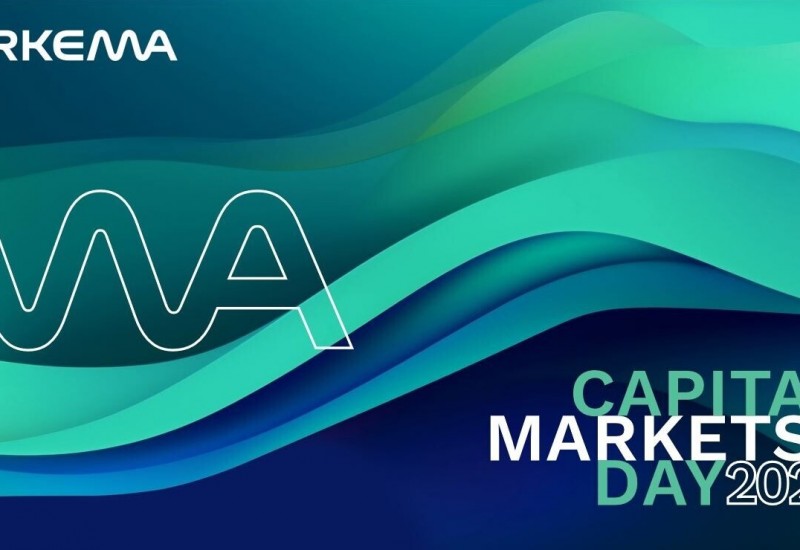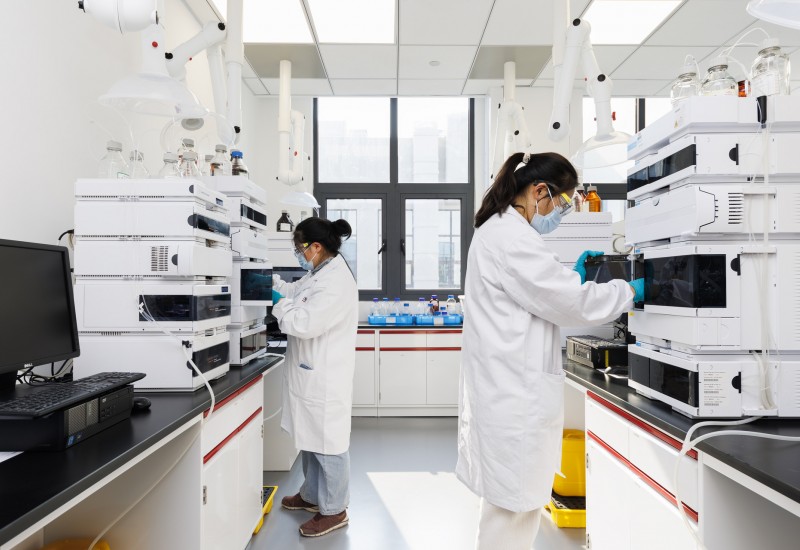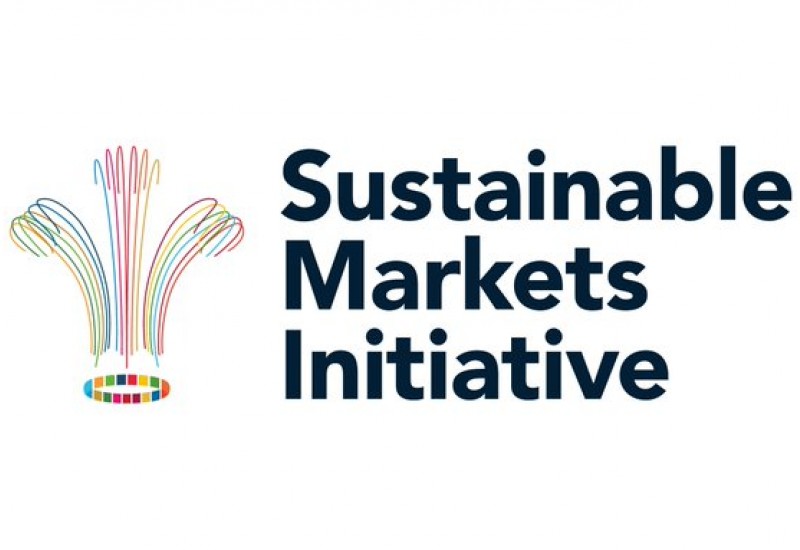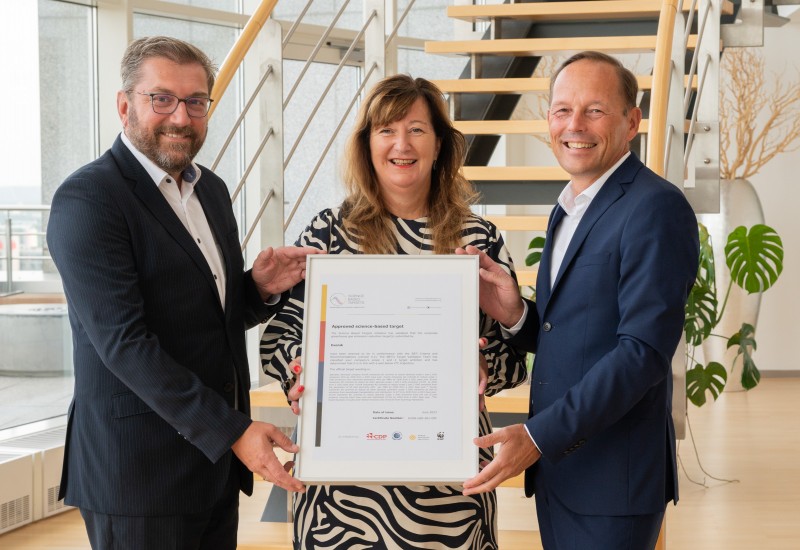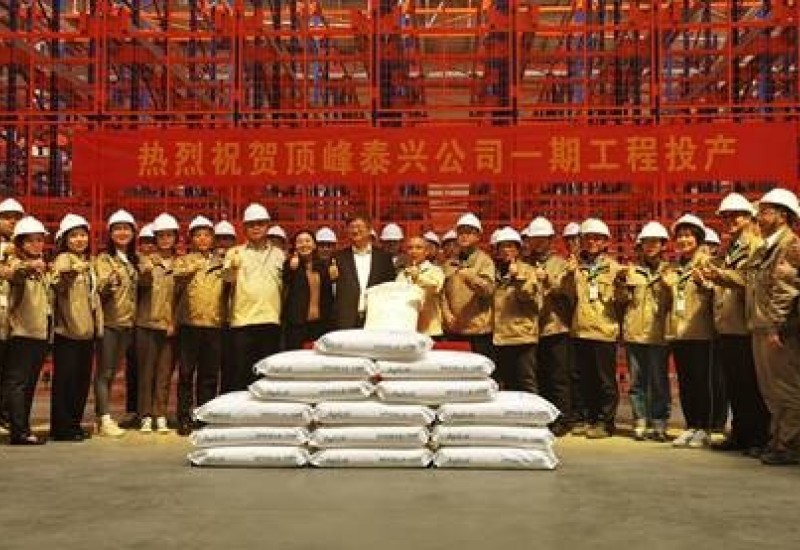Arkema shares sustainability targets
At its latest Capital Markets Day on 27 September 2023, Arkema revealed its plans to strengthen its decarbonisation initiatives as well as its financial targets. This followed the recent validation of Arkema’s emissions reduction plan by the Science-Based Targets Initiatives.



